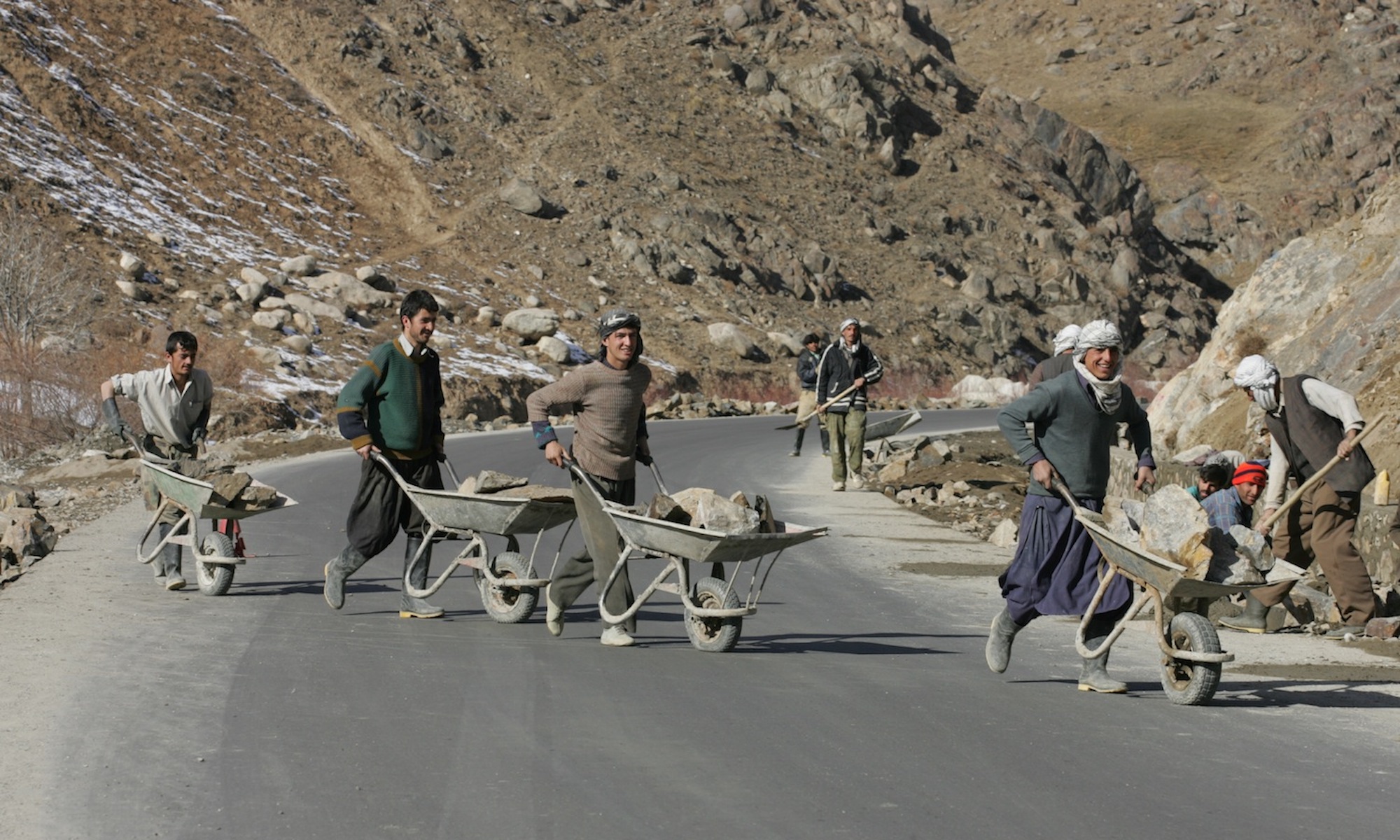The broadened and deepened notion of security has been evolving in two dimensions, one primarily intellectual and the other concerned more with political practice and policy. This paper briefly describes these dimensions, and then critically examines the acceptance of the new notion of security in the form a security-is-development thesis in South African security policy. This case shows how the security-is-development thesis affects the functions of security agencies and legitimates their anti-democratic behaviour. The case serves as a cautionary tale about how an intellectual construct, movement and school, originally intended to be a critique of state behaviour, can become a tool of state power at the expense of democracy.

INSCT Postconflict Research Database
The Institute for National Security and Counterterrorism's Postconflict Research Database & Analysis Project stores cross-indexed bibliographic information on hundreds of journal articles, books, book chapters, and case reports that address the broad, interdisciplinary fields of postconflict reconstruction, stabilization, and peacebuilding.